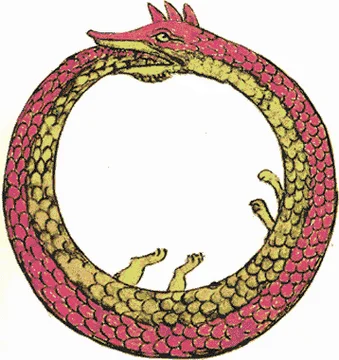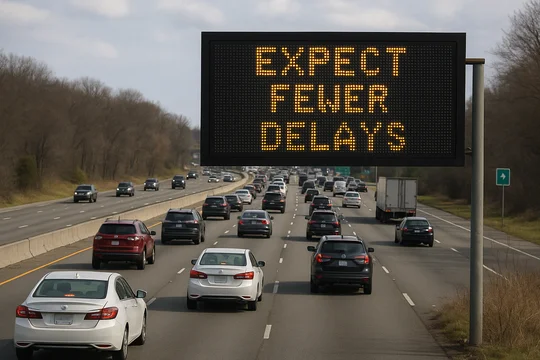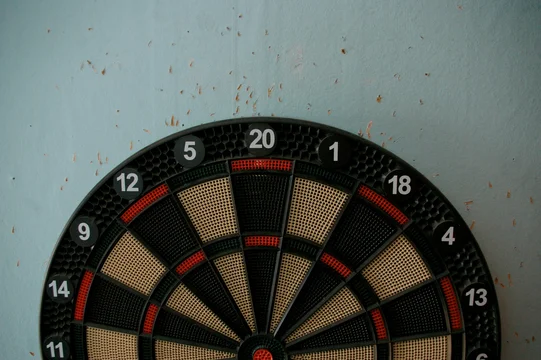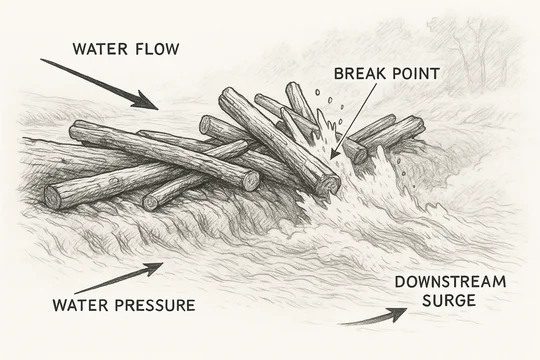
The Court issued an oral order in airSlate, Inc. v. Inkit, Inc., C.A. No. 23-1307-RGA-SRF (D. Del.) yesterday, and it's a good reminder of a general rule that frequent D. Del. practitioners already know: once discovery starts, it generally proceeds even while a Rule 12 motion is pending.
The Court's order yesterday described how the defendant in airSlate had objected to producing its source code solely on the basis that a Rule 12 motion for judgment on the pleadings was pending:
Defendant agreed to produce source code in its response to Request for Production No. 1 and does not object to the relevance of the requested code. (Id., Ex. 1 at 8-9) Instead, Defendant seeks to delay the production of source code until after the court resolves the pending motion for judgment on the pleadings. (D.I. 59)
airSlate, Inc. v. Inkit, Inc., C.A. No. 23-1307-RGA-SRF, D.I. 60 (D. Del. Dec. 5, 2024). According to the docket, the defendant moved for judgment on the pleadings based on a § 101 ineligibility argument.
The Court set forth a clear statement of the general rule:
In this district, discovery generally proceeds during the pendency of a Rule 12 motion. See Morales v. Sunpath Ltd., C.A. No. 20-1376-JLHSRF, 2024 WL 1198054, at *2 (D. Del. Mar. 20, 2024) (denying motion to stay discovery during pendency of motion to dismiss); Westinghouse Air Brake Techs. Corp. v. Siemens Mobility, Inc., C.A. No. 17-1687-LPS-CJB, 2019 WL 126192, at *1-2 (D. Del. Jan. 8, 2019) (noting the court's "responsibility to keep its docket moving, so that it can provide litigants with timely and effective resolution of their claims."). The facts of this case do not warrant a deviation from the standard practice where, as here, the deadline for substantial completion of document production passed on October 25, 2024.
Id. The Court actually went a step further than the authorities it cites. Those authorities dealt with Rule 12(b) motions to dismiss; here, the objection involved a Rule 12(c) motion for judgment on the pleadings. The Court did not address that distinction, but it's not a surprising result. Given that a Rule 12(c) motion would typically come later in the case than a Rule 12(b) motion, a stay of discovery would be even harder to justify.
It's interesting that the defendant asserted this objection all of the way to the substantial completion deadline. I imagine it must have been producing other documents and only withholding source code—otherwise, the plaintiff's motion to compel would likely have included those.
If you enjoyed this post, consider subscribing to receive free e-mail updates about new posts.



